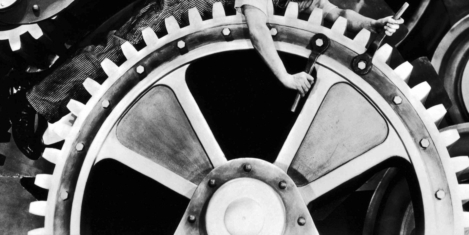To provide the best experiences, we use technologies like cookies to store and/or access device information. Consenting to these technologies will allow us to process data such as browsing behaviour or unique IDs on this site. Not consenting or withdrawing consent, may adversely affect certain features and functions.
The technical storage or access is strictly necessary for the legitimate purpose of enabling the use of a specific service explicitly requested by the subscriber or user, or for the sole purpose of carrying out the transmission of a communication over an electronic communications network.
The technical storage or access is necessary for the legitimate purpose of storing preferences that are not requested by the subscriber or user.
The technical storage or access that is used exclusively for statistical purposes.
The technical storage or access that is used exclusively for anonymous statistical purposes. Without a subpoena, voluntary compliance on the part of your Internet Service Provider, or additional records from a third party, information stored or retrieved for this purpose alone cannot usually be used to identify you.
The technical storage or access is required to create user profiles to send advertising, or to track the user on a website or across several websites for similar marketing purposes.
 One of the UK’s greatest ever athletes and now a corporate wellbeing consultant and speaker, Sally Gunnell discusses with Kate Usher the challenges faced by women in the second half of their lives, in the latest Workplace Insight podcast. Sally is the only female British athlete ever to hold the Olympic, World, European and Commonwealth titles for 400m Hurdles. Her world record time still ranks in the top 10 fastest times, ever. More →
One of the UK’s greatest ever athletes and now a corporate wellbeing consultant and speaker, Sally Gunnell discusses with Kate Usher the challenges faced by women in the second half of their lives, in the latest Workplace Insight podcast. Sally is the only female British athlete ever to hold the Olympic, World, European and Commonwealth titles for 400m Hurdles. Her world record time still ranks in the top 10 fastest times, ever. More →















 The CIPD has revealed its programme, including an exciting line-up of speakers, for its
The CIPD has revealed its programme, including an exciting line-up of speakers, for its 

















February 7, 2024
Whenever I hear the future of work, I reach for my pistol
by Mark Eltringham • Comment, Flexible working, Workplace design